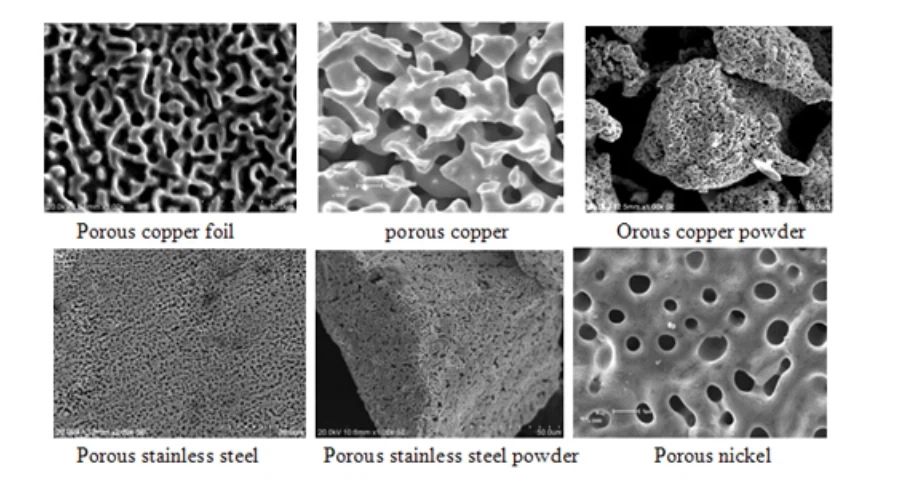1. Enhanced Surface Area: Porous materials possess a significantly increased surface area per unit volume. This characteristic makes them highly suitable for various applications, including catalysis, gas adsorption, and filtration. Their abundant surface area enables efficient interactions with target molecules or substances.
2. Customizable Pore Size: The pore size of porous materials can be tailored to meet specific requirements. This allows precise control over the size and nature of molecules that can be absorbed or transported through the material. The ability to customize pore size facilitates selective adsorption or separation processes.

3. High Porosity: Porous materials exhibit a substantial porosity, representing the volume fraction of voids or pores within the material. This high porosity imparts lightweight properties to these materials and can also offer advantageous characteristics such as thermal and acoustic insulation.
4. Structural Stability: Despite their porous nature, these materials can maintain a high level of structural stability, even when exposed to harsh conditions such as high temperatures, corrosive environments, or mechanical stress. This durability ensures their reliable performance and longevity.
5. Versatility: Porous materials can be made from a variety of materials, such as metals, ceramics, polymers, and composites. This versatility allows for the development of tailored materials with specific properties and functionalities to suit diverse applications. The ability to choose the most suitable material enables optimization for various industries and sectors.




